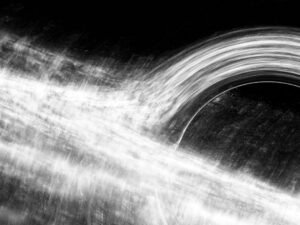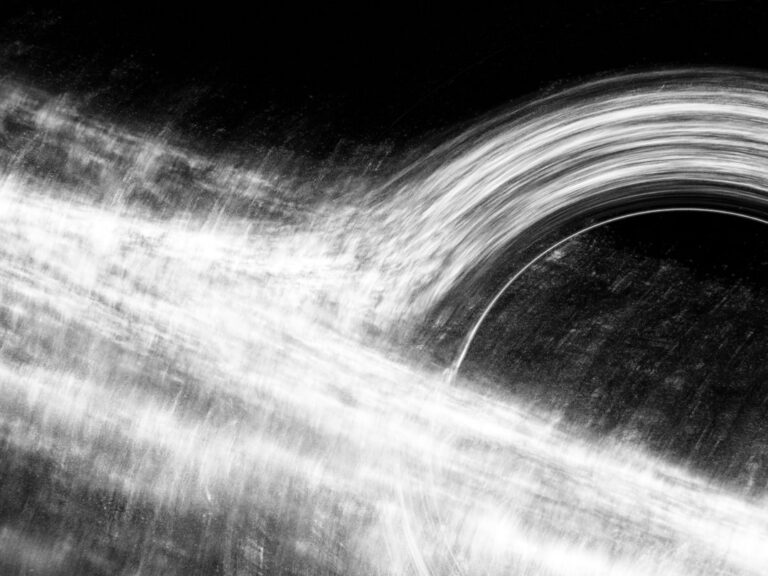Hypothesis formulation serves as a cornerstone in the scientific method, acting as a bridge between observation and experimentation. At its core, a hypothesis is a proposed explanation for a phenomenon, grounded in existing knowledge and observations. It provides a framework for researchers to explore relationships between variables, guiding the direction of their inquiry.
By articulating a clear hypothesis, scientists can focus their investigations, ensuring that their research is both systematic and purposeful. This process not only aids in the organization of thoughts but also fosters critical thinking, as researchers must consider the implications of their proposed explanations. Moreover, the formulation of a hypothesis is not merely an academic exercise; it is essential for advancing knowledge within a field.
A well-constructed hypothesis can lead to significant discoveries and innovations. For instance, in the realm of medicine, hypotheses about the efficacy of new treatments can lead to clinical trials that ultimately save lives. In environmental science, hypotheses regarding the impact of pollutants on ecosystems can inform policy decisions that protect biodiversity.
Key Takeaways
- Hypothesis formulation helps to clarify the purpose of a scientific inquiry and guides the research process.
- Steps to formulating a hypothesis include identifying the research question, conducting background research, and making a prediction.
- Testable hypotheses are important because they allow for empirical testing and validation through experimentation or observation.
- Common pitfalls in hypothesis formulation include being too vague, making assumptions without evidence, and failing to consider alternative explanations.
- Refining and revising hypotheses is essential for improving the accuracy and reliability of scientific investigations.
- Applying hypotheses to scientific inquiry involves designing experiments, collecting data, and analyzing results to support or refute the hypothesis.
Steps to Formulating a Hypothesis
Conducting Background Research
It typically begins with thorough background research, which involves reviewing existing literature, understanding current theories, and identifying gaps in knowledge. By immersing themselves in the relevant field, researchers can pinpoint specific questions that remain unanswered or areas where existing theories may fall short.
Identifying a Research Question
For example, a researcher interested in climate change might explore previous studies on carbon emissions and their effects on global temperatures, leading them to identify a specific aspect that warrants further investigation. Once a research question has been established, the next step is to construct a testable hypothesis.
Constructing a Testable Hypothesis
This involves articulating a clear and concise statement that predicts the relationship between variables. A well-formulated hypothesis should be specific enough to guide experimentation while remaining flexible enough to accommodate unexpected results. For instance, if a researcher hypothesizes that increased sunlight exposure leads to higher rates of photosynthesis in plants, they must define the parameters of their study, such as the type of plants used and the conditions under which the experiment will be conducted. This clarity not only aids in the design of experiments but also enhances the reproducibility of results.
Importance of Testable Hypotheses

Testability is a fundamental characteristic of a robust hypothesis.
This characteristic is crucial because it ensures that scientific inquiry remains grounded in empirical evidence rather than speculation.
For example, if a biologist hypothesizes that a certain fertilizer enhances plant growth, they can conduct controlled experiments to measure growth rates under varying conditions. The ability to collect data and analyze results is what distinguishes scientific hypotheses from mere conjectures. Furthermore, testable hypotheses contribute to the advancement of scientific knowledge by facilitating peer review and replication.
When researchers publish their findings based on testable hypotheses, other scientists can attempt to replicate the experiments to verify results. This process is essential for building credibility within the scientific community. If multiple studies yield consistent results supporting a particular hypothesis, it gains acceptance as a valid explanation for the observed phenomenon.
Conversely, if results consistently contradict a hypothesis, it may prompt researchers to reevaluate their assumptions and refine their theories.
Common Pitfalls in Hypothesis Formulation
Despite its importance, hypothesis formulation is fraught with challenges that can lead to flawed research outcomes. One common pitfall is the formulation of overly broad or vague hypotheses. When hypotheses lack specificity, they become difficult to test and may lead to inconclusive results.
For instance, a hypothesis stating that “exercise is good for health” fails to provide clear parameters for investigation. A more precise hypothesis would specify the type of exercise, duration, and health outcomes being measured, thereby allowing for targeted experimentation. Another frequent issue arises from confirmation bias, where researchers unconsciously favor data that supports their hypotheses while disregarding evidence that contradicts them.
This bias can skew research findings and lead to erroneous conclusions. For example, if a researcher has a strong belief that a particular drug is effective in treating a disease, they may overlook negative results from their experiments or selectively report positive outcomes. To mitigate this risk, it is essential for researchers to approach their work with an open mind and actively seek out data that challenges their hypotheses.
Refining and Revising Hypotheses
The process of refining and revising hypotheses is an integral part of scientific inquiry. As researchers gather data and conduct experiments, they may discover new information that necessitates adjustments to their original hypotheses. This iterative process allows for greater precision and accuracy in scientific research.
For instance, if initial experiments reveal unexpected results regarding the effects of temperature on enzyme activity, researchers may need to revise their hypothesis to account for these findings. Additionally, collaboration with peers can provide valuable insights that lead to hypothesis refinement. Engaging in discussions with colleagues or presenting findings at conferences can expose researchers to alternative perspectives and constructive criticism.
Such interactions often spark new ideas or highlight overlooked variables that could enhance the robustness of a hypothesis. By remaining open to feedback and willing to adapt their hypotheses based on new evidence or insights, researchers can significantly improve the quality of their work.
Applying Hypotheses to Scientific Inquiry

The Role of Hypotheses in Experimental Research
For example, in psychology, researchers might formulate hypotheses about the effects of social media on mental health by predicting specific outcomes based on existing theories about human behavior. By designing studies that test these predictions, psychologists can contribute valuable insights into contemporary issues affecting society.
Hypotheses in Observational Studies and Theoretical Modeling
Moreover, the application of hypotheses is not limited to experimental research; it also plays a crucial role in observational studies and theoretical modeling. In fields such as astronomy or ecology, where controlled experiments may be challenging or impossible, researchers often rely on observational data to test their hypotheses. For instance, ecologists studying animal behavior might formulate hypotheses about migration patterns based on environmental changes observed over time. By analyzing data collected from various sources, they can draw conclusions that enhance our understanding of ecological dynamics.
The Importance of Hypothesis Formulation in Scientific Inquiry
In conclusion, hypothesis formulation is an essential component of scientific inquiry that drives research forward across diverse fields. By understanding its purpose, following systematic steps for formulation, ensuring testability, avoiding common pitfalls, refining hypotheses based on new evidence, and applying them effectively in various contexts, researchers can contribute significantly to the advancement of knowledge and innovation. The iterative nature of this process underscores the dynamic character of science itself—constantly evolving as new discoveries are made and old assumptions are challenged.
One related article to Hypothesis Formulation: Building the Core of Inquiry is “Transition to Chaos: Understanding Symbolic Dynamics and Chaos.” This article delves into the concept of chaos theory and how it can be applied to various fields of study. To learn more about this fascinating topic, check out the article here.
FAQs
What is a hypothesis?
A hypothesis is a proposed explanation for a phenomenon or a scientific question. It is a statement that can be tested through experimentation or observation.
Why is hypothesis formulation important?
Hypothesis formulation is important because it provides a clear and testable statement that guides the scientific inquiry. It helps researchers to focus their efforts and design experiments to test their ideas.
What are the characteristics of a good hypothesis?
A good hypothesis is testable, specific, and falsifiable. It should also be based on existing knowledge and be able to be supported or rejected through evidence.
How do you formulate a hypothesis?
To formulate a hypothesis, researchers typically start by identifying a research question and then propose a possible explanation or prediction based on existing knowledge or observations. The hypothesis should be clear, specific, and able to be tested through experimentation or observation.
What is the role of a hypothesis in the scientific method?
In the scientific method, a hypothesis serves as a starting point for investigation. It guides the design of experiments and helps researchers to make predictions about the outcome of their studies. After testing the hypothesis, the results can be used to support or reject the initial idea.
























+ There are no comments
Add yours